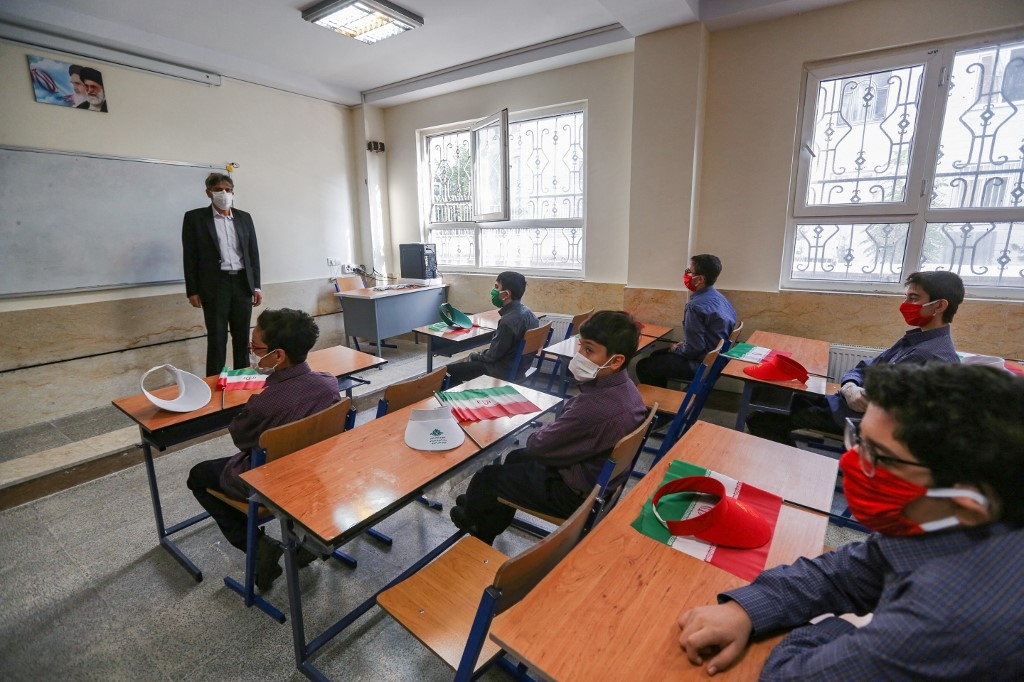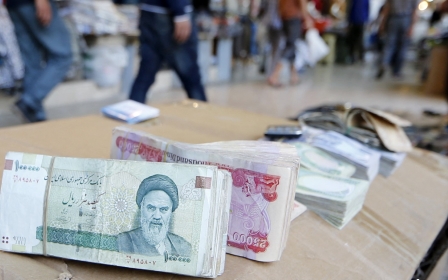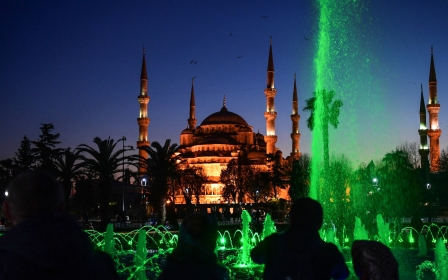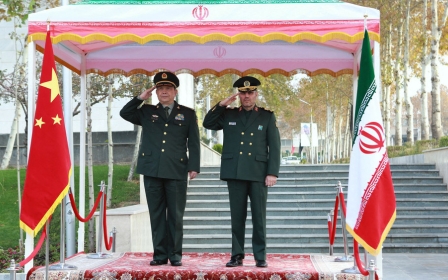Iran: Teachers protest over salary reform delays in more than 100 cities

Thousands of teachers across Iran have taken to the streets in more than 100 cities to protest against a delay in salary and pension reforms, according to local media.
The demonstrations on Saturday were the latest in a series of rallies by teachers and other public sector employees over the impact of soaring inflation on salaries.
Etemad, a reformist newspaper, said teachers had protested outside parliament in Tehran and in front of the education ministry offices in several provincial capitals, including Isfahan, Shiraz, and Mashhad.
For several months, the teachers have demanded the government speed up the implementation of a system providing salaries that better reflect their experience and performance.
New MEE newsletter: Jerusalem Dispatch
Sign up to get the latest insights and analysis on Israel-Palestine, alongside Turkey Unpacked and other MEE newsletters
Last week, Iran's parliament said the new system, delayed for more than a decade, will be implemented from the start of the new Iranian calendar year, which begins on 21 March.
The demonstrators have also called for their pensions to be aligned with other public sector employees.
Teachers chanted: "the jailed teachers should be freed" and "from Tehran to Khorasan, teachers are in prison," during the protests on Saturday, according to Etemed.
Protesters said 15 teachers were arrested during clashes with security forces across the country, the newspaper said.
Hit by biting economic sanctions imposed in 2018 by the United States, Iran has seen inflation soar to more than 40 percent, exacting a heavy toll on the standard of living of public sector staff and others on fixed incomes.
Civil servants in one of Iran's most powerful sectors, the judiciary, also held rare demonstrations in January calling for their pay to be increased.
Middle East Eye delivers independent and unrivalled coverage and analysis of the Middle East, North Africa and beyond. To learn more about republishing this content and the associated fees, please fill out this form. More about MEE can be found here.




